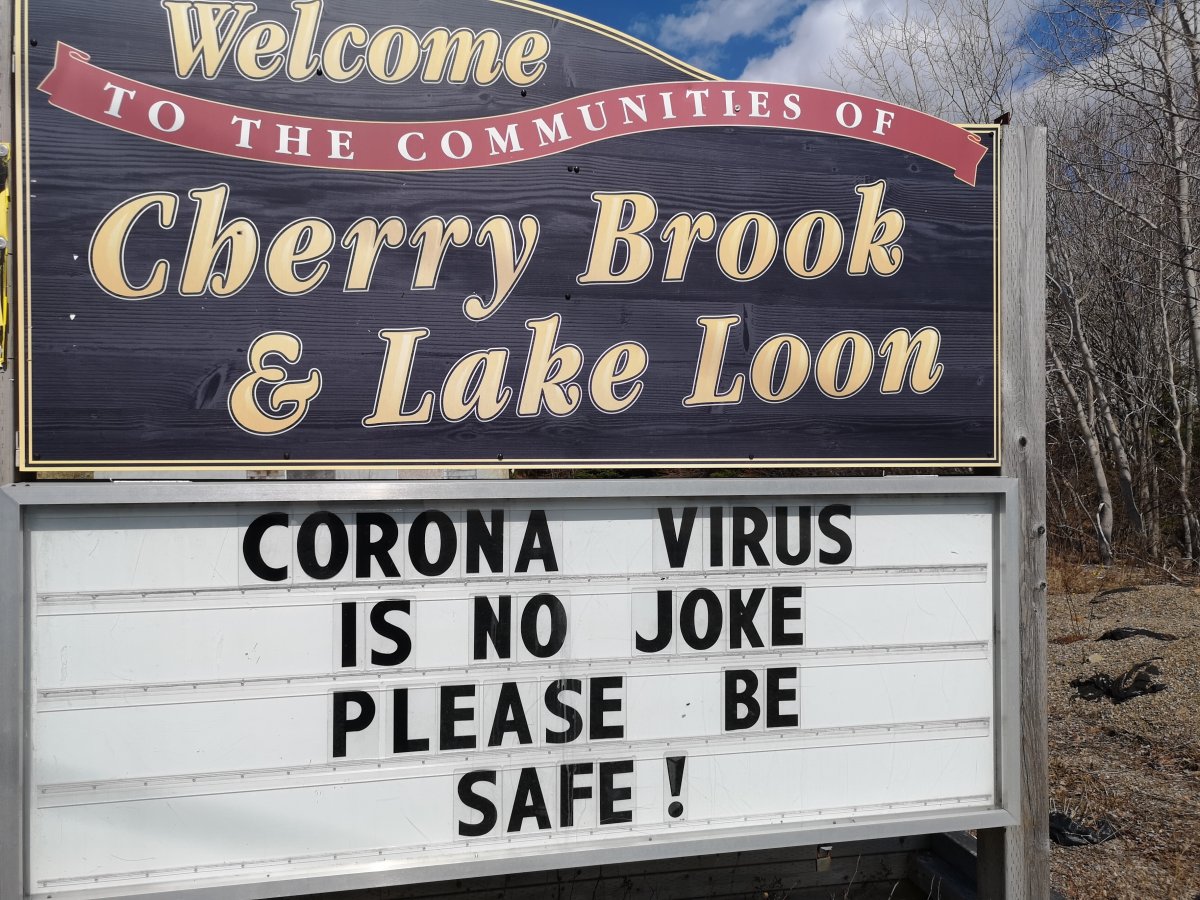African Nova Scotian advocates are calling on Premier Stephen McNeil to apologize and retract allegations that members of their communities have been carelessly flouting the COVID-19 rules.

McNeil made the comments in a Tuesday briefing, naming East Preston and North Preston as being among the areas where some people “do not listen and won’t stop partying” in the midst of a dangerous pandemic.
READ MORE: Nova Scotia sees another record spike in coronavirus cases
“We absolutely expect a 180-degree turnaround from our premier from today forward in how he’s addressing communities,” said Nzingha Millar, chair of the Arts, Community, Culture and Economics collective for African Nova Scotian professionals.
“And this should be a precedent for any type of emergency response that we see our province or our country taking in the future.”
McNeil did not address community concerns on Wednesday and he declined an interview for this story.
As the number of COVID-19 cases in Nova Scotia surpassed 300 on Tuesday, and the province marked its first death from the virus, McNeil broke the government’s routine of protecting as much privacy as possible when it comes to naming people and communities at risk.

He and Dr. Robert Strang, chief medical officer, named Cherry Brook and Lake Loon, and the Prestons as places of concern — all predominantly African Nova Scotian communities — in addition to Enfield.
“While we are using resources, doubling down on testing, and trying to keep people healthy, the reckless and selfish few in some of these communities are still having parties,” McNeil said Tuesday.
“I can’t even believe that after everything we’ve been talking about, some of you think its okay to have a gathering or a party.”
The comment resulted in immediate backlash from African Nova Scotian community groups and leaders, who say it exposes their members to more racism and stigma than they’re already facing.
READ MORE: Nova Scotia announces first COVID-19 death as case total surpasses 300
“We anticipated this kind of fallout, we just didn’t anticipate that it would come from our premier,” said Millar, condemning racism targeted toward any minority group as a result of the pandemic.
“We have so many positive things that are going on, we can’t let the negative take us down.”
“Now, we’re looked upon even worse down upon in that we potentially are spreading this to other communities, which is not the case,” added Brenton Sparks, chair of the Lake Loon-Cherry Brook Development Association.

Sparks personally set up a message on his community’s welcome sign about a month ago, urging residents and visitors to take COVID-19 seriously.
Both called on the premier to apologize and said he should have chosen his words more carefully.
“They’re always saying, ‘We’re gonna do better, we’re gonna do better,’ but it’s like they put their foot in their mouths all the time, and they’re always apologizing for stuff they could prevent in the first place.”
READ MORE: Maritime universities establish emergency funds for students during coronavirus crisis
McNeil didn’t address community concerns about the comments in his Wednesday briefing.
“The bad news is, COVID is in our communities and that’s why everyone, no matter where you live, no matter your race, no matter your religion, everyone must follow public health protocols,” he said, closing the press conference.
Earlier this month, provincial health officials set up temporary assessment centres in communities identified as “hotspots” for the COVID-19 pandemic, including Enfield, East Preston and North Preston.
READ MORE: ‘Everybody wants one’: Maritimers make non-medical masks as COVID-19 health advice evolves
But Millar said this support was sought out by African Nova Scotian community members rather than initiated by the health care system. Community leaders set up a COVID-19 response team weeks ago, she explained, because they wanted to get ahead of the crisis.
“We anticipated that our community would need extra support because of us being vulnerable and disconnected to our public institutions,” Millar told Global News. “We actually took the initiative to go to public health officials to ask for the support.”
On Wednesday, both McNeil and Dr. Strang said the decision to set up the mobile testing centres in communities was “collaborative,” and not an “either or” when it comes to who suggested the service first.
“We will continue to worth with them to make sure we get as many tests as possible,” said McNeil.
Millar, a member of the African Nova Scotian community’s COVID-19 response team, is now calling on McNeil to better resource vulnerable communities during the pandemic. That means improving the housing environment for those who may not have a safe or comfortable place to self-isolate, among other measures.
Questions about COVID-19? Here are some things you need to know:
Health officials caution against all international travel. Returning travellers are legally obligated to self-isolate for 14 days, beginning March 26, in case they develop symptoms and to prevent spreading the virus to others. Some provinces and territories have also implemented additional recommendations or enforcement measures to ensure those returning to the area self-isolate.
Symptoms can include fever, cough and difficulty breathing — very similar to a cold or flu. Some people can develop a more severe illness. People most at risk of this include older adults and people with severe chronic medical conditions like heart, lung or kidney disease. If you develop symptoms, contact public health authorities.
To prevent the virus from spreading, experts recommend frequent handwashing and coughing into your sleeve. They also recommend minimizing contact with others, staying home as much as possible and maintaining a distance of two metres from other people if you go out.
For full COVID-19 coverage from Global News, click here.






Comments